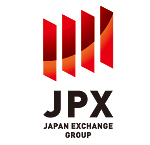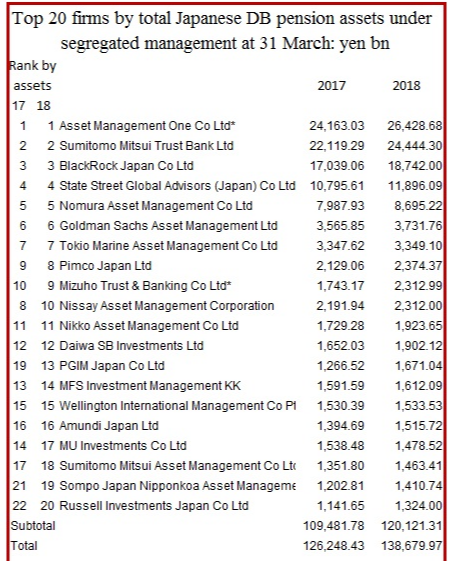As you might imagine I have been besieged by inquiries from the press when I have little knowledge of what is going on, or went on, a Nissan. I also received this spontaneous email from a friend who is concerned about the Nissan-Ghosn affair. Having “sanitized” it, with permission I am posting it. This particular person worked in matters related to legal compliance for 10 years at a major Japanese company.
Dear Mr Benes:
I retired nine months ago ago and after a long vacation, recently I have finally got around to looking for an outside director or other similar position.
Anyway, I wanted to write because I was floored by the whole Ghosn spectacle. I am not close to that company, but was astounded that they chose to turn over and have arrested two foreign senior staff (Chairman and his aide) for redirecting assets to his own account “over several years.” I was floored because:
a) Neither of them is likely that spiffy at Japanese and would need other staff to prepare the transactions for them. Indeed even had they been Japanese staff themselves this would have required a certain amount of nemawashi at least the way the companies I am familiar with are now run. Gone are the days when 10,000 here and 100,000 there can be disbursed at some executive’s personal discretion…..





